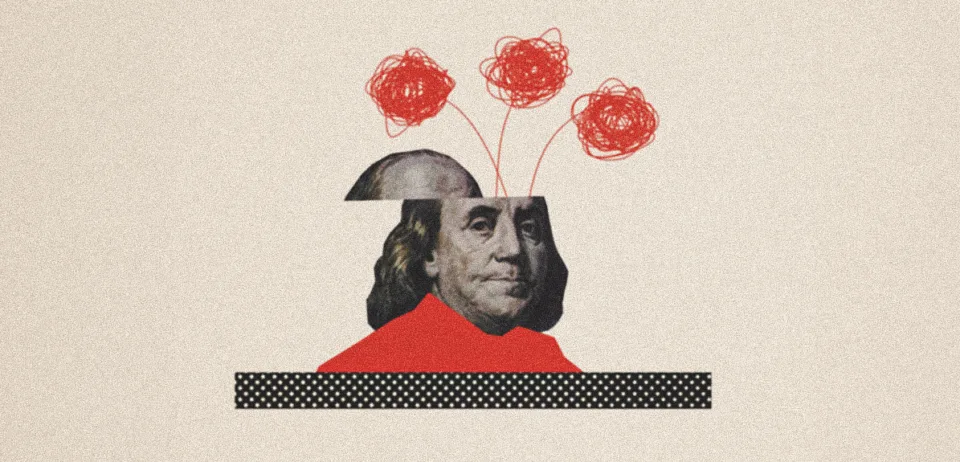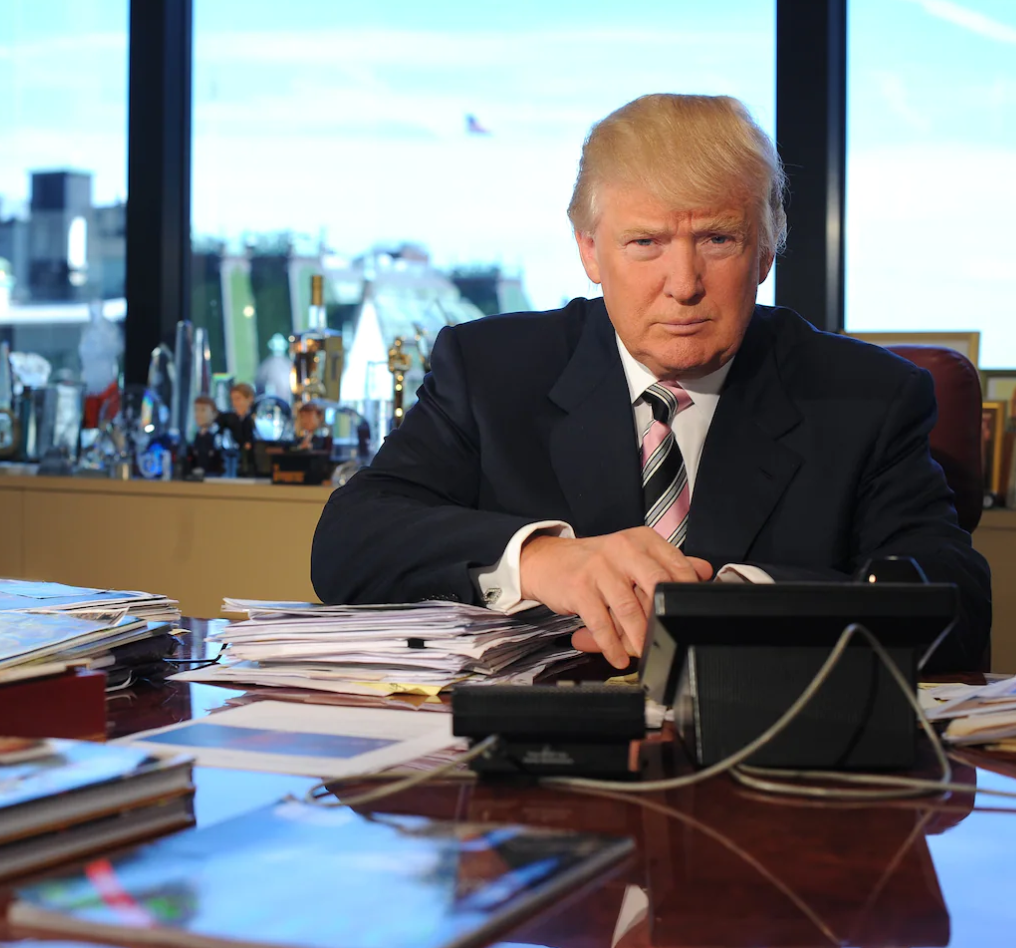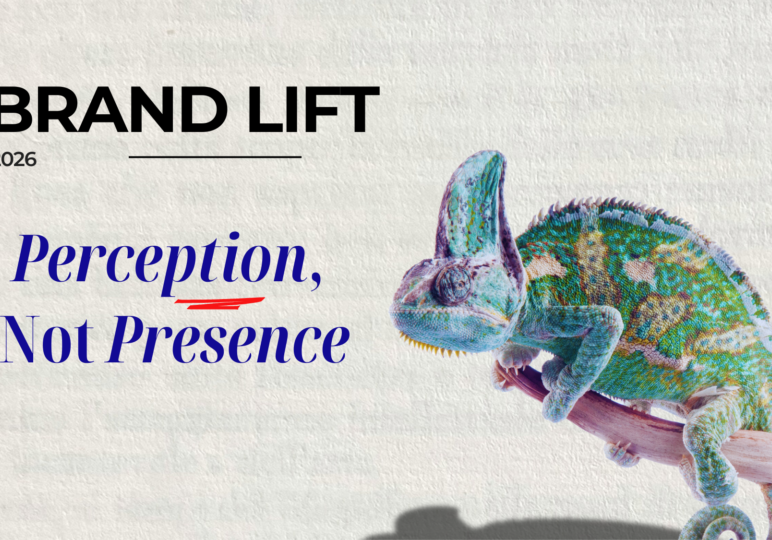
Trump Administration 2.0 May Prove to be Bittersweet for Brands and Advertising
Have you noticed how certain ads from macro and micro brands stir up societal controversy? Yes, we’re talking about angry comments, downvotes, and boycott calls flooding the Internet. I’ve seen countless examples, and we must carefully observe the trajectory once the Trump administration takes office in the White House.
Pride Month was devoid of color, and the surrounding major corporations, such as Target, were chaotic this year. Instead of celebrating the rainbow, we saw uproar, disagreement, arguments, misinformation, and heated debates about removing DEI initiatives from screens and workplaces.
Now, with the American presidential election behind us, the anticipation of a Trump administration and its potential impact on advertising and branding looms large. What happens when societal divisions spill into ad strategy meetings?
Let’s unpack the potential storm brewing at the intersection of politics, branding, and culture.
Cancel culture is showing its fangs, and even the big leagues aren’t safe
Cancel culture, once a tool for accountability, now seems like a weapon for brands attempting inclusivity.
Pause for a second—remember last year’s Bud Light fiasco? If you missed it, here’s a quick refresher. The beer giant collaborated with trans influencer Dylan Mulvaney in what seemed like a step toward allyship. Instead, it brewed a storm of outrage among conservatives and anti-LGBTQ+ activists. The aftermath? A hasty apology alienated both the LGBTQ+ community and its critics. Double whammy.
Fast forward, and guess who’s in the crosshairs now? Google. Yep, their latest holiday ad starring TikTok creator and nonbinary beauty influencer Cyrus Veyssi sparked uproar. Why? Cyrus was rocking what many dubbed “women’s clothing” and lamenting dry skin—a seemingly harmless attempt to highlight Google’s ‘Nearby Sites’ feature. But the Internet didn’t think so. Anti-LGBTQ+ critics pounced, labeling it another case of “woke gone wild,” especially during the festive season.
Oh, and Boots? They weren’t spared either. Featuring Bridgerton star Adjoa Andoh in their Christmas ad video as Mrs. Klaus, the brand was dragged through the mud for being “anti-white” and “too woke.” A holiday commercial intended to show how Santa Klaus gets ready for Christmas voyage, turned into days of relentless online tirades.
Here’s the real kicker: protests and backlash against inclusive ads contribute to a sharp decline in LGBTQ+ marketing. In fact, representation has plummeted by 141% since last year’s Pride Month. That’s staggering. And the data? Scarce. The visibility of LGBTQ+ individuals in ads, media, and even the workplace is shrinking fast.
The question remains: Will this trend force companies to retreat from representation, or is there a path to strike a meaningful balance?
Subscribe to our bi-weekly newsletter
Get the latest trends, insights, and strategies delivered straight to your inbox.
Trump administration will play a pivotal role in marketing culture
Donald Trump has never shied away from voicing his anti-trans and anti-LGBTQ+ sentiments, a stance mirrored (often amplified) by his fervent supporters. With Trump possibly reclaiming the White House, the stakes for representation and DEI (Diversity, Equity, and Inclusion) in ads, workplaces, and beyond are higher than ever—and the outlook is grim.

Expecting the Trump administration to prioritize or tolerate inclusivity feels like wishful thinking. His rhetoric has already sent ripples of apprehension through corporate America.
The question isn’t if brands will be affected but how. Will companies double down on their values, or will they fold under political and societal pressure?
The reality is stark: Brands are at a crossroads where politics, society, and creativity collide. What are the choices?
Ignore the Backlash: Forge ahead, knowing the anti-woke brigade will erupt, and brace for PR storms.
Backtrack: Retreat from inclusive narratives to avoid controversy, potentially alienating progressive consumers.
Either way, it’s a lose-lose situation. Cancel culture cuts both ways, hitting brands whether they’re too bold or too cautious. What might tip the scales? The shareholding partners ultimately call the shots.
Is one industry already feeling the heat? Reproductive and sexual healthcare. Brands like Planned Parenthood are bracing for impact, voicing concerns about reduced funding, increased restrictions, and growing hostility under a Trump-led administration.
The second Trump term won’t just test a brand’s creativity or marketing prowess—it will challenge their moral backbone. The choices made in the next four years could define whether brands lead the charge for inclusivity or retreat into the shadows of neutrality.
Tech and brands are bracing for significant shifts
The tech world is already a pressure cooker, and if Trump returns to power, expect the lid to blow off.
Remember Trump’s past vendetta against Google, accusing it of bias in search results? Well, the tide might be turning. With the DOJ’s antitrust case heating up, Trump’s softening stance on Google could tilt the scales. If Trump throws his weight behind the tech giant, it might redefine how brands navigate Google’s ad empire and search visibility.
Always a wildcard, Elon Musk has landed in Trump’s good graces. With X (formerly Twitter) struggling to retain users and ad revenue, Trump’s return could be Musk’s ticket to a revival. A Trump administration could help Musk push policies that favor tech deregulation, giving X and other Musk ventures a much-needed boost.
Trump has pledged to undo Biden’s executive order on AI, which promotes safety, competition, and governance. This could mean fewer restrictions but also fewer guardrails, leaving brands to navigate an AI landscape that’s both exciting and unpredictable. Generative AI’s potential for marketing is immense, but ethical concerns and misuse could run rampant without regulations.
Trump has hinted he wouldn’t ban TikTok again, and his softer approach might ease pressures on ByteDance, TikTok’s parent company, to sever ties with China. For brands, this could mean TikTok remains a lucrative playground for Gen Z engagement.
Cut to the chase
The Trump administration poses challenges for brands and advertisers amidst the rise of cancel culture and the backlash against inclusivity and DEI in branding and marketing. What will the implications be for brands in the coming days under Trump 2.0?


